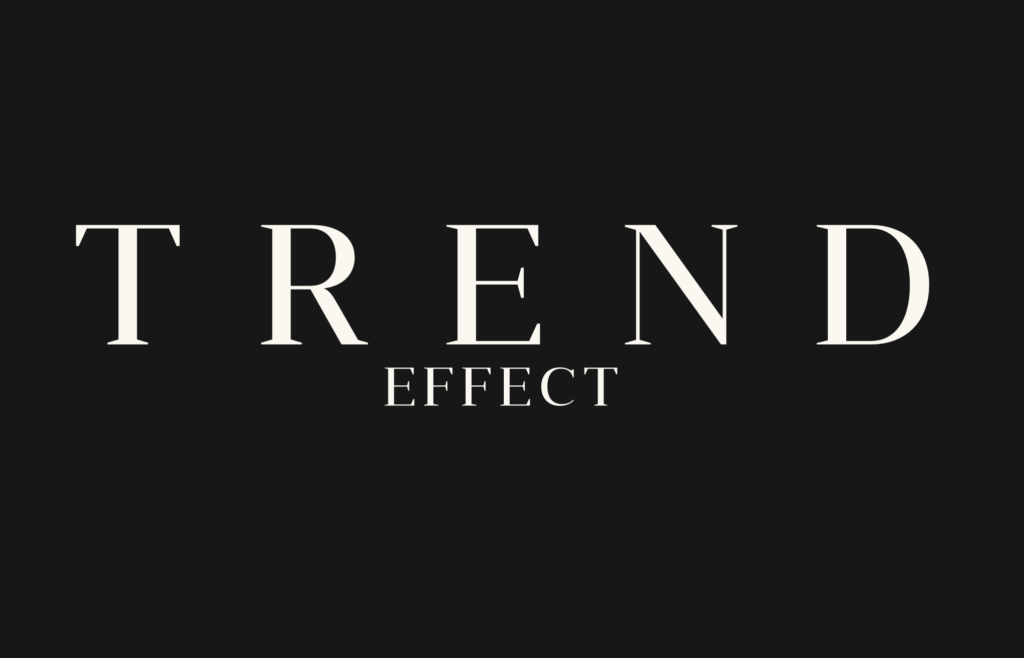Male menopause, hormones, and just all the stigma behind male anatomy probably started in your awkward high school sex ed class. In our teenage years, our hormones were on the rise as we became the adults we are today. As we climb in age, eventually reaching our 40s, we reach the summit of our hormone hike, and begin to head down from there.
Male Menopause and Medical Awareness Today
As medical awareness grows, some men are speaking up about the things they can no longer do. They have reached what’s called, “male menopause” or ‘Andropause’, and they’re talking to their doctors about hot flashes, memory loss, night sweats, loss of muscle mass, and other things you normally hear associated with women who have gone through menopause. Unfortunately, that stigma is still attached as well as a taboo around male menopause in many circles.
Trend’s resident nurse practitioner Danielle Diaz, NP says, “By the age of 40, about half of people start to feel the side effects of low testosterone due to decreased production. By age 50, almost everyone feels the effects.”
Testosterone is a Man’s Best Friend
With testosterone being the major hormone that is responsible for our energy levels, our sex drive, and the ability to gain/keep lean muscle mass, it can become glaringly obvious for women and men when things start to slow down, but for men specifically, the loss of this hormone has triggered a new catchphrase in recent years: “male menopause.”
According to The Mayo Clinic, “the term ‘male menopause’ has been used to describe decreasing testosterone levels related to aging, but aging-related hormone changes in women and men are different. This gradual decline of testosterone levels is called late-onset hypogonadism or age-related low testosterone.” That name is a little more difficult to say 5 times fast, so most adults have stuck with “male menopause” to keep things short, sweet, and alliterated.
Males with low testosterone have complained of erectile dysfunction, moodiness, stress, depression, anxiety, and low sex drive, which can also explain how the “male menopause” or “andropause” term was coined, as females experience many of the same or similar issues during classic female menopause. All of these chemical changes can result in poor lifestyle choices, like getting less sleep, eating unhealthy food options that quickly turn into fat, and using other coping mechanisms such as alcohol or tobacco to “let loose.” In combination with the inevitable bodily changes, the bad lifestyle changes can cause someone to ultimately feel their worst.
Male Menopause: The Good Side of Things
So, what are some men doing about this unwelcome bit of change? Hopefully, they’re pulling in the assistance of a medical professional to help get things back into balance.
“If men have their testosterone replaced, it can potentially elevate their estrogen levels,” Diaz said. “At Trend, we monitor these levels closely, and if estrogen begins to elevate, you may be placed on an estrogen-blocking medication and receive lower doses of testosterone.”
It’s all about balance, and incorporating hormone replacement therapy can improve your levels to a state of near perfection.
“For males [specifically], I ask if they are having difficulty achieving or maintaining erections, if they are waking with morning erections, and if they are napping after dinner, as these can be signs of low testosterone,” said Diaz.
Consider the options and make a list of questions to ask a medical professional. Better yet, make an appointment with Danielle Diaz, NP herself at our practice. While it may seem awkward to talk about your personal life initially, remember that the benefits of hormone replacement therapy can completely change your life for the better if your body says it’s time.
Want more men’s health and wellness advice? Sign up for our #TheTrendEffect Stay Trendy Newsletter! Subscribers receive special offers, invites to events, freebies, and soo much more.
Legal Disclaimer: This blog provides general information and discussions about health and related subjects. The information and other content provided in this blog, website or in any linked materials are not intended and should not be considered, or used as a substitute for, medical advice, diagnosis or treatment. Talk to a medical health professional about your health needs.



